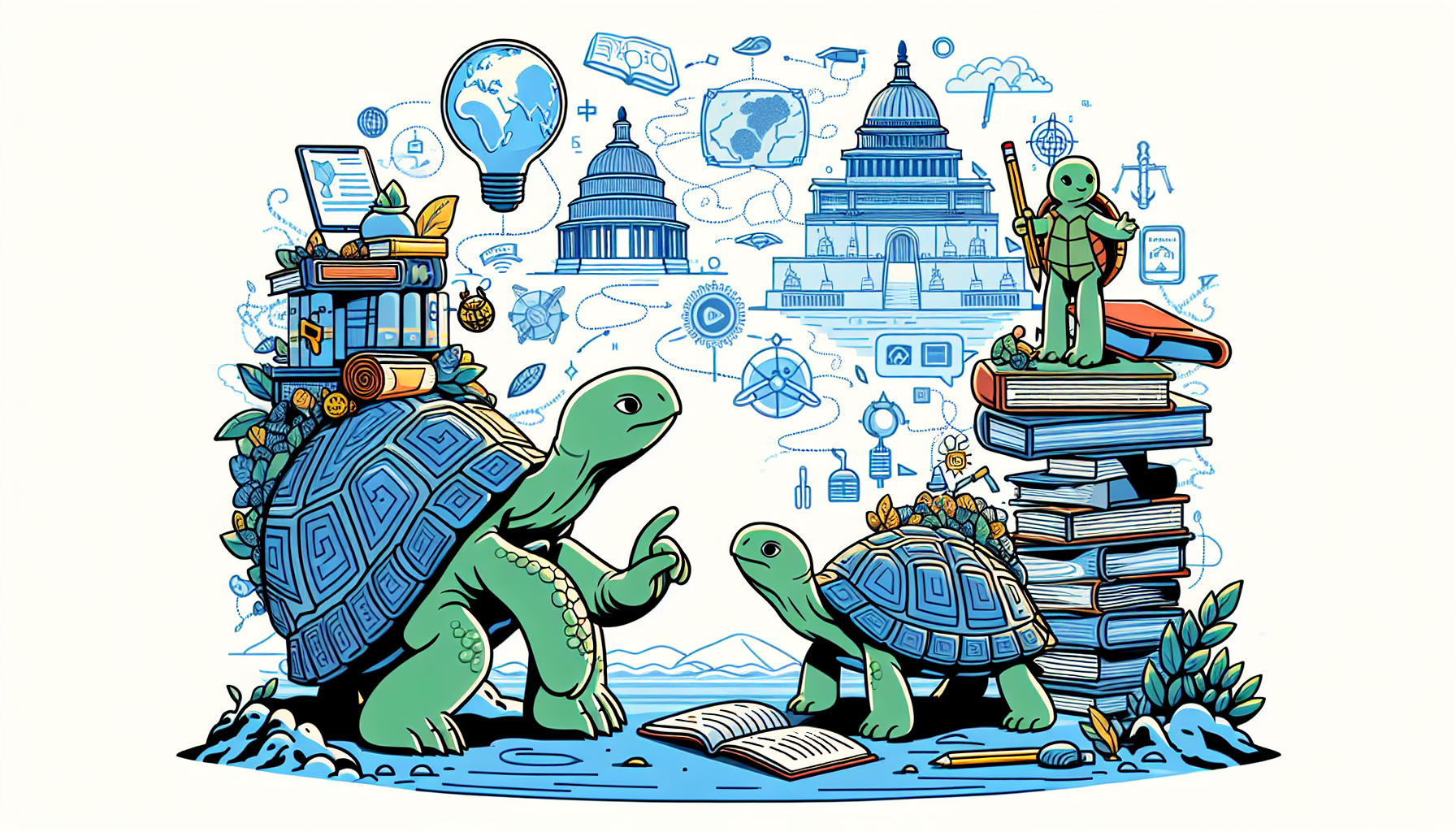English, as it’s been taught in East Asia, has traditionally been extremely centered around the United Kingdom, with elite linguists sporting British accents and spellings. Chinese law and government materials have historically been translated into British English, and the attitude of many experts indicates a strong belief in British English as the universal correct standard for English and that no other English can be tolerated.
Ironically, this is not the attitude taken by UK companies and professionals. For instance, doctors in the UK will use different pronunciations to ensure their patients understand them, even if it means using an American pronunciation because their goal is to provide excellent service—not to impose the King’s sovereign English across the whole world. If only professional translators could emphasize the quality of service too.
Why Might There Be a Reason to Use United States English?
Chinese translations of legal and policy materials rigorously refuse to use the EN-US language code for United States English. The president of the Translators Association of China tells stories about turning to the UK Embassy as a primary source of expertise on English, and I’ve seen translation experts across the country appalled at the idea of using United States English expressions for public sector documents.
However, in the private sector, if you look at what TikTok, Shein, BYD, and Huawei are doing—or in my case, what all of these companies’ representatives told me they are doing—they all use EN-US language codes for all of their materials and even use it during the first run of a translation; only adapting to EN-UK as needed. This has been done since around 2016, when Tencent tried and failed to expand into North America. By 2017, ByteDance’s CEO had begun inviting Americans to Beijing to collaborate closely on what would become their US-centric global strategy.
The Chinese private sector is well aware that the largest share of foreign business engagement, both in terms of dollars and managerial interactions, comes through the United States. Second, they know that winning over United States influencers is pivotal to worldwide success. This intent focus on collaboration with Americans is what helped TikTok become very successful and what will likely help the company withstand any US attempts to ban it.
I’ve translated over 40 privacy policies for different major Chinese corporations, including several that rank #1 in their industry. Thus, when the US government proposed a ban on TikTok, the first thing that came to mind was how I would incessantly berate these companies to eliminate any flaw or imperfection in their expression that could lead to scandal—an effort which no doubt annoyed them but paid off in the end. While numerous American companies have recently come under fire for their privacy policies, China’s strict data privacy laws, when translated into clear and effective American English, have helped some companies reduce their chances of a big scandal.
Government Translation Projects Lack Language Code
As implied earlier, the Chinese government never uses language codes like EN-US or EN-UK for any projects; and has an agency that regulates how English related to China is used. For the most part, their opinion has generally been that “just English” means “United Kingdom English as Decided by China.” Nonetheless, since around 2015 or so, there has been an increasing trend in governmental translation projects using American English.
For examples of US English propaganda sites, SixthTone.com features crisp translations of China expert opinions and even American spellings, making judicious use of the letter “Z”. Before that, the Governance of China book was noted for its highly idiomatic English. Within government agencies, younger, reform-minded translators argue that Socialist Translation with Chinese Characteristics need not be word-for-word and unintelligible, citing how the President’s words were translated and became influential.
More recently, local governments competing for foreign direct investment dollars have recognized that offering clear, highly idiomatic American English translations, instead of garbled Chinglish, is in their best political interests. Government executives are graded on how well they develop the economy and improve public welfare, not on their capacity to confuse and mislead foreign investors about what people in China are saying. Want a job working in the cabinet alongside the Prime Minister? Use both United States and United Kingdom English for regulatory due diligence materials and you can get an edge in government KPI evaluations.
US/UK English is More Expensive than China English
Numerous workers in translation departments at major Chinese companies have reported on corporate practices and pricing structures for Chinese-to-English translation. These reports point to the existence of dual pricing regimes: one for China English and another for American (or British) English. Insiders widely report that companies will choose whether to use a China translation company or an American/British company based on the project’s importance. This has also been corroborated in Nimdzi’s interviews with LSP managers, who report that Chinese e-commerce retailers often use American companies to translate their Chinese materials.
For sensitive or high-stakes matters, these companies might opt for American translation services with a 2 CNY/word budget. For general international audiences, they may use local Chinese translation companies with native English speakers at 0.8 CNY/word or allocate as little as 0.2 CNY/word for Chinglish-appropriate contexts.
An excellent example of this tiered system is how a major Chinese company uses top-shelf translators for its export permit compliance matters but interns to translate bathroom signs on their properties. The bathroom signs urge guests to “Please use toilet in compliance with instructions.” This indicates that those interns were rigorously trained on the export compliance materials handed down by top-shelf translators, but lacked the experience to recognize that a hotel guest accidentally clogging a toilet is not a corporate legal compliance matter.
In this example, we can see how Chinese businesses behave when designating Chinglish or American English translations and how Chinglish is continually and dynamically influenced by American English translations. Moreover, it is good evidence that multiple variants of English output exist in a tiered system, which appear to include: perfect American English, direct-translated American English, China Daily English, China English, and Chinglish.
Multinational corporations will adjust their buying strategy based on the English tier they deem appropriate to their needs. The expertise and time needed to produce higher-tier translations are significantly greater, resulting in a pricing difference of about 40-to-1.
Are UK and US English So Different They Need Their Own Versions?
Many linguists no doubt assume that UK and US English must be very similar and, having used UK English for decades and since, they can simply change a couple of spellings to adapt their translations. If only it were that simple. Many UK legal expressions are not even intelligible to US lawyers or, at least, could be very confusing. For example, a US “patent attorney” has a law degree, whereas a UK “patent attorney” is not required to have one. Thus, if you translate a PRC patent agent as a “patent attorney,” this could cause serious confusion because the US does indeed have specialized IP attorney requirements. Meanwhile, in the PRC, those requirements are relaxed and trademark agents or agencies do most trademark filings; cheaply, and often unlawfully.
A good example of this divergence is the different terminology used for lawyers in the UK and the US. In the UK, a person authorized to practice law will typically be called a “solicitor,” and in some cases, a “barrister”; whereas, in the United States, the word “attorney” is used instead. In both systems, a government attorney can be referred to as an “attorney general.” The People’s Republic of China does not follow the UK’s two variant system for lawyers, and its attorney regulation discourse is dominated by examples from the United States—which use “attorney”.
How does the PRC approach legal translation in response to these differences? Principally, by simply making up incorrect English terms. In official PRC translations, the word “lawyer” is used to mean someone authorized for the private practice of law. “Solicitor” is ignored because it would be too inaccurate, and “attorney” is not used because PRC translators have historically vigorously dismissed United States English due to its lack of “authority”—not being the King’s English.
Since the PRC divides its legal terminology according to who represents the government, another word was invented to refer to public practice attorneys, “procurators.” However, in both the US and the UK, these people would be called “attorneys general,” having mostly retired the “King’s Procurator” concept centuries ago, long before the time Queens ruled England.

